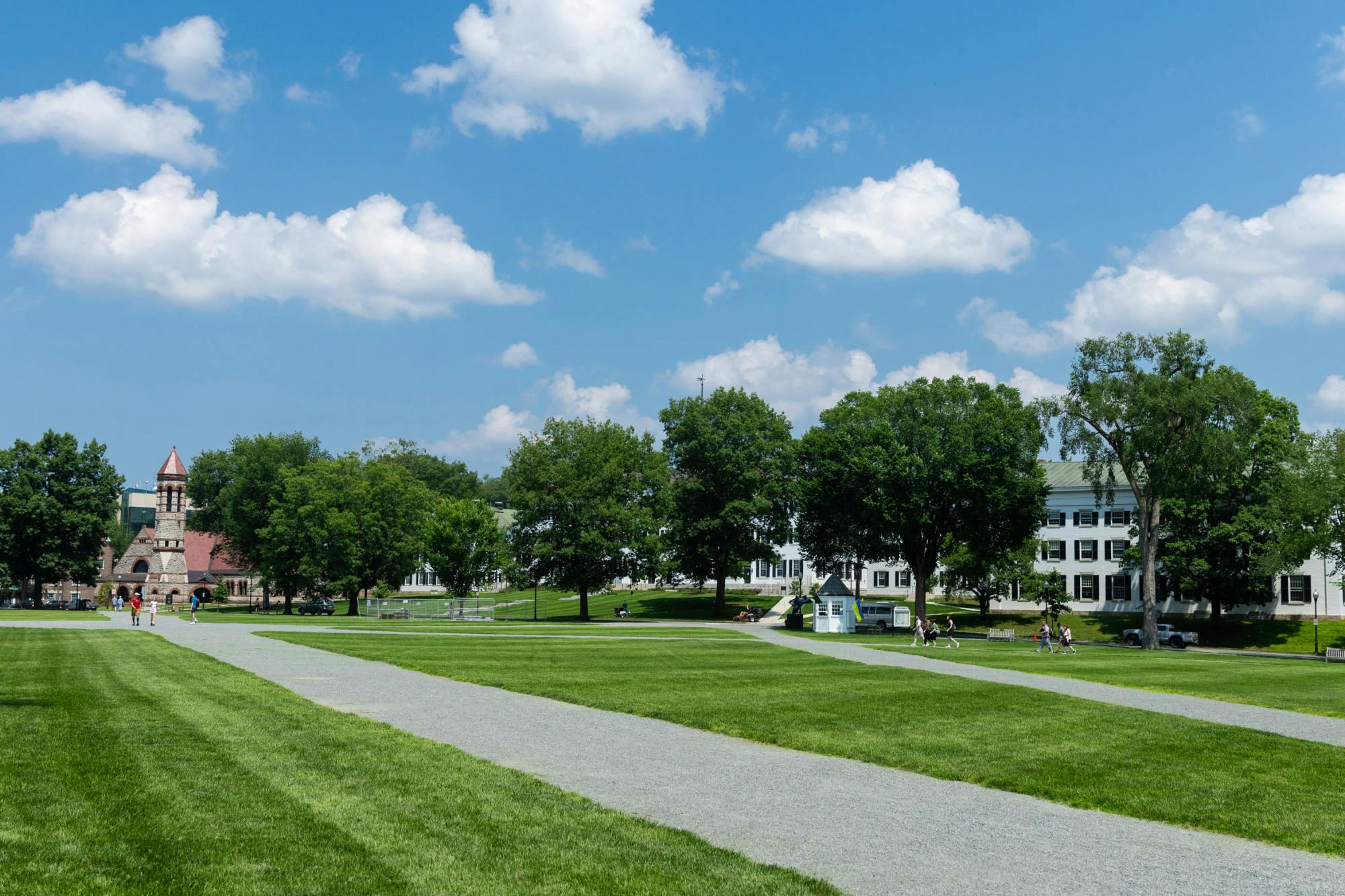On June 29, the Supreme Court ruled that race-based affirmative action is unconstitutional in Students for Fair Admissions v. Harvard University and Students for Fair Admissions v. University of North Carolina. The decisions reflect another instance of the conservative majority Court reversing decades of past precedent, just a year after the court overturned the 1973 ruling of Roe v. Wade in Dobbs v. Jackson Women’s Health Organization.
Justice Clarence Thomas wrote in his concurring opinion that affirmative action ignores the academic underperformance of beneficiaries of the program. Justice Sotomayer wrote in her dissenting opinion that this alleged underperformance has long been “debunked.”
Government professor Sonu Bedisaid that he was “not surprised” by the outcome of the two cases, though he argued the Court’s decisions would make sense only in an ideal society where race is “morally irrelevant” to accomplishing racial justice. He added the dissenting opinions of the court properly considered the historical exclusion of minorities in the U.S.
Bedi explained how both concurring and dissenting opinions from the June 29 affirmative action rulings referenced Brown v. Board of Education. In that milestone case, the Supreme Court ruled in favor of integrating schools under the Equal Protection Clause in the Fourteenth Amendment. According to Bedi, in the recent ruling, the Court defined “equal protection” as the absence of racial segregation, but not by the presence of another distinguishable feature.
“In Brown, there is an ambiguity about what equal protection means,” Bedi said. “On one hand, there’s language in Brown that says equal protection is a commitment to racial blindness. On the other hand, there’s a principle of equal protection that is about racial integration.”
Bedi added that the Court’s decision affirms a “racial blindness” definition of equal protection.
Students also shared that they expected the Court’s ruling.
“Ever since the Dobbs decision came out last summer, it’s clear that this Supreme Court is shifting the way that they view their relationship with precedent and overturning past cases,” Mollie Berry ’25 said.
Josh Paul ’25 said he was not surprised by the court’s decision because he read in Joan Biskupio’s book “The Chief” that Justice Roberts has consistently rejected affirmative action throughout his career.
In terms of implications, while the Supreme Court’s decision finds race-based college admissions unconstitutional, this does not prevent applicants from discussing their race on their applications.
“Nothing in this opinion should be construed as prohibiting universities from considering an applicant’s discussion of how race affected his or her life, be it through discrimination, inspiration or otherwise,” Justice John Roberts wrote in his concurring opinion.
Despite this aspect of the ruling, many students still believe that there will be negative implications for US colleges.
Abby Kambhampaty ’25 said she feels concerned that predominantly white institutions may gradually become less inclusive, but she does not expect a dramatic change in the demographics of next year’s admissions class across US colleges and universities. Kambhampaty said she feels neutral about Beilock’s response to the court ruling because the College has already espoused a commitment to diversity in years past.
Similarly, Anell Paulino ’25 said that she fears the demographics at colleges will change after the Court’s ruling against race-based college admissions. According to Paulino, the course GOVT 30.12, “Affirmative Action in Higher Education,” explored how California’s 1996 adoption of Proposition 209 — which prohibits institutions from considering race, sex or ethnicity in public education — led to a reduction in underrepresented minority students attending public universities in California.
Paulino said that as someone who identifies as Afro-Latina, she would be “failing” her community if she did not pursue the best academic options available to her. At the same time, Paulino said if she takes advantage of these opportunities, then others may assume she only got them because of her race.
“To assume that the system was made easier for me simply because I am a Black person is funny to say, just because my life has been far from easy,” Paulino said.
Some students had differing views on the ruling’s potential effects. Paul said that he predicts that colleges will find ways to adapt to the ruling and continue to have a holistic admissions process, however dissenting opinions to the ruling reference the need for affirmative action in order to accomplish that.
“Universities like UNC create pathways to upward mobility for long excluded and historically disempowered racial groups,” Supreme Court Justice Kentanji Brown Jackson wrote in her dissenting opinion. In the opinion, Jackson also referenced intergenerational race-based gaps in health and wealth as justification for the existence of affirmative action.
Paul said he believes race should not be “that big” of a consideration during college admissions because that is “inherently discriminatory.” According to Paul, people call affirmative action “positive discrimination” in the U.K.
“We should try to raise the bar rather than lowering it,” Paul said. “I felt like affirmative action was lowering the bar.”
Berry said that while the majority’s opinion upholds the idea of a “color blind” constitution, she feels as though the U.S. is not a “color blind” country, which so the striking down of affirmative action could lead to negative effects for racial minorities.
In an email statement that was sent to campus, President Beilock wrote the Supreme Court’s decision does not change Dartmouth’s commitment to fostering a diverse community.

Arizbeth Rojas ’25 is a managing editor of the 181st directorate from Dallas, TX. When she’s not listening to DJ Sabrina the Teenage DJ or planning her next half marathon, you can find her munching on a lox bagel.




